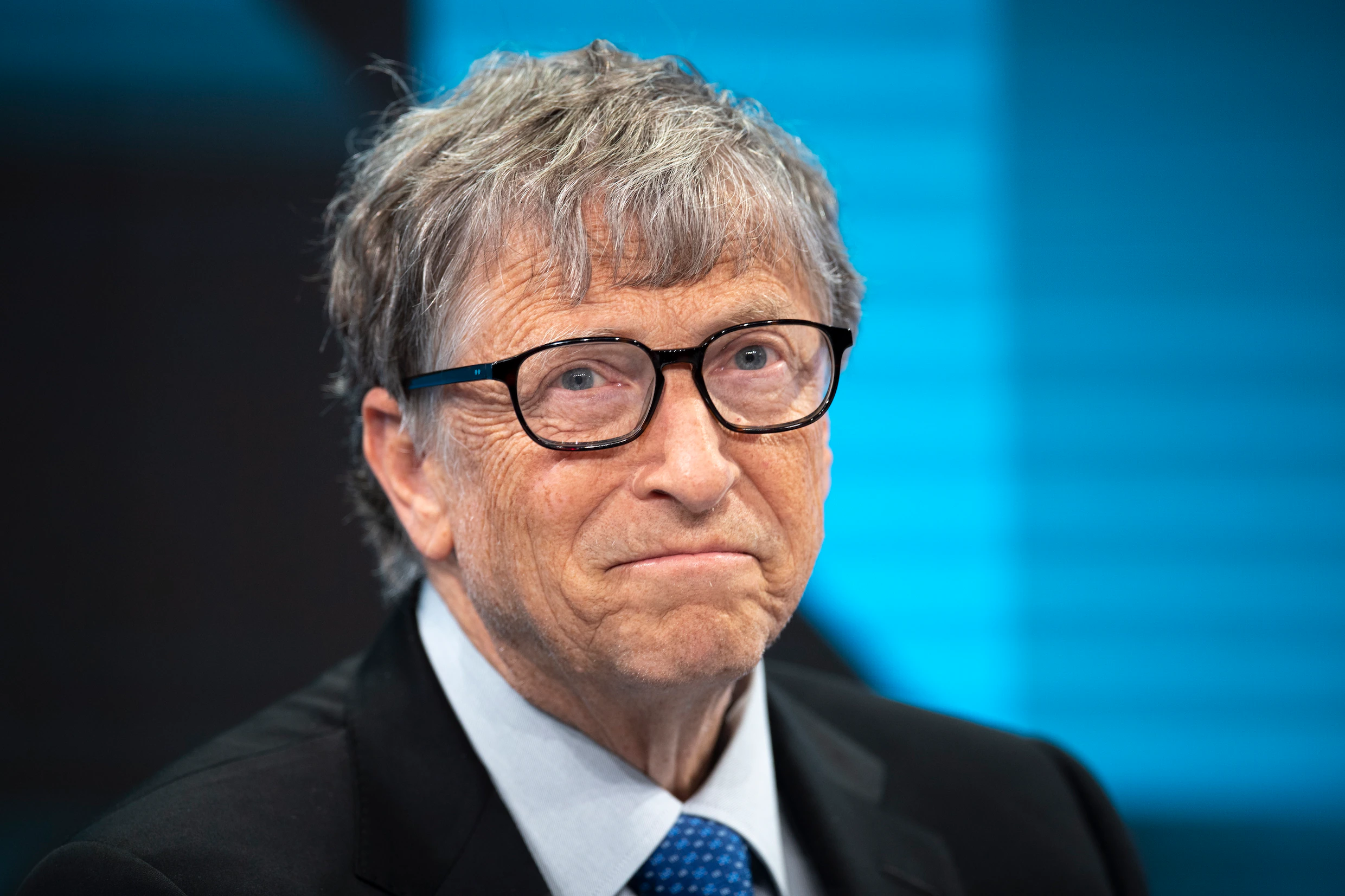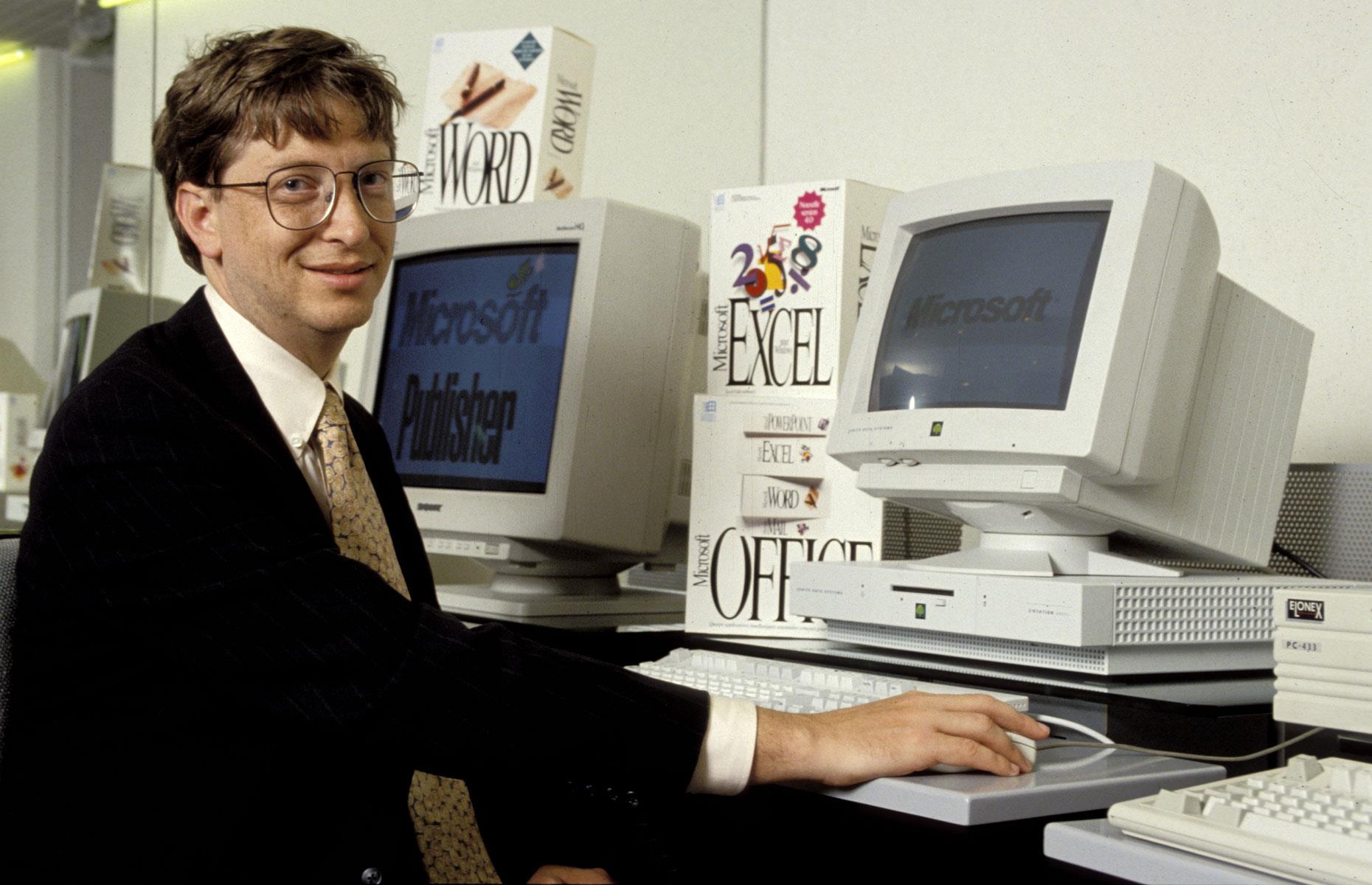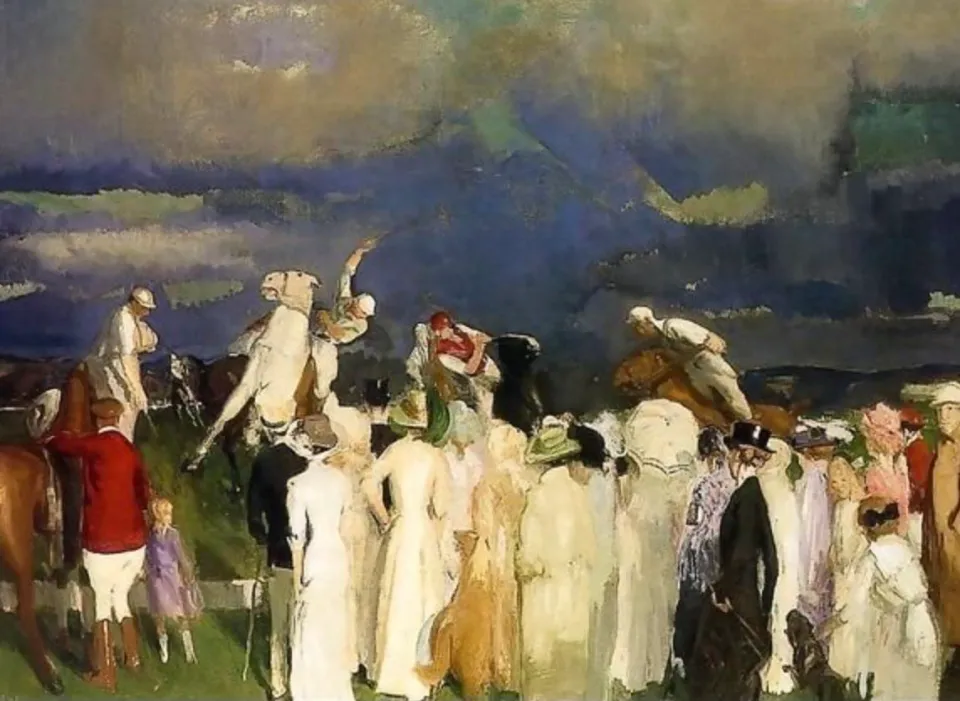Introduction
Bill Gates is a name that resonates far beyond the realm of technology. As the co-founder of Microsoft and one of the world’s most prolific philanthropists, Gates has redefined what it means to build, manage, and give back from a vast fortune. As of April 10, 2025, financial data indicate that his net worth stands at approximately US$106.7 billion. This comprehensive profile examines every facet of Bill Gates’ wealth – from his primary sources of income and diversified investments to his exquisite properties, luxurious mansions, curated art collection, carefully maintained vehicles, and even his approach to yacht ownership. In addition, we delve into his extensive business ventures, the origin of his wealth, and his far-reaching philanthropic efforts that have set benchmarks for responsible wealth management.
Throughout his decades‑long career, Gates has been renowned not only for his technological innovations but also for his strategic investment philosophy and commitment to reinvesting his wealth in projects that promise sustainable long-term growth. His journey from a computer enthusiast in his youth to becoming a titan of industry is marked by relentless determination, innovation, and a unique ability to foresee markets trends.
Early Life and Career
Born in 1955 in Seattle, Washington, Bill Gates grew up in an environment that nurtured his innate interest in computers and technology. His early fascination with computer programming set the stage for a career that would ultimately change the world. Gates enrolled at Harvard University, where he met Paul Allen and together they embarked on a journey that would lead to the founding of Microsoft in 1975. With a vision to put a computer on every desk and in every home, Gates’ innovative approach and relentless work ethic allowed Microsoft to evolve from a small software start‑up into a global technology behemoth.
During the early years at Microsoft, Gates played a pivotal role in developing groundbreaking software products that redefined the personal computer industry. His leadership as CEO saw the introduction of the Windows operating system, a product that revolutionized computing by making it accessible and user-friendly for millions of people worldwide. Even after stepping down from day‑to‑day operations, Gates continued to influence Microsoft’s strategic direction as a board member and major shareholder. This foundation in technology not only cemented his reputation as a visionary entrepreneur but also established the primary source of his immense wealth.
Beyond Microsoft, Gates’ early career was characterized by a willingness to take calculated risks and reinvest profits into new ventures. His strategic decisions in the nascent stages of the technology revolution allowed him to build a diversified investment portfolio that would eventually span various sectors, including real estate, energy, and biotechnology. These investments, made over several decades, have helped shield his fortune from market volatility and have provided a stable source of income. His early success and innovative mindset laid the groundwork for the multifaceted approach to wealth accumulation that he employs today.
Net Worth and Source of Wealth
Bill Gates’ net worth is estimated at approximately US$106.7 billion. This figure is predominantly derived from his long‑term holdings in Microsoft stock, which continue to appreciate as the company remains a dominant force in the technology sector. Despite having stepped down as CEO in 2000, Gates’ influence at Microsoft persists through his considerable shareholdings and his role on the board of directors. His disciplined approach to reinvestment – choosing to plow dividends and capital gains back into diversified ventures – has allowed his wealth to compound steadily over time.
In addition to his Microsoft shares, Gates’ fortune is bolstered by a broad array of investments managed through Cascade Investment, a private holding company that oversees his portfolio of assets. This portfolio includes stakes in diverse industries such as real estate, renewable energy, and consumer goods, ensuring that his wealth is not overly concentrated in a single sector. Financial analysts note that Gates’ long‑term investment strategy, which emphasizes low-risk, high‑return opportunities, has been a major factor in his ability to sustain and grow his net worth despite fluctuating market conditions.
Gates’ wealth is also characterized by a conservative approach to public spending and an emphasis on liquidity. Rather than indulging in extravagant expenditures, he has consistently prioritized reinvestment and strategic allocation of resources. This measured approach has allowed him to build a robust financial foundation that supports both his business ventures and philanthropic initiatives. Ultimately, the combination of Microsoft’s market dominance, diversified investments through Cascade Investment, and a disciplined reinvestment strategy has cemented Gates’ status as one of the world’s foremost financial titans.
Properties and Mansions
A significant element of Bill Gates’ investment portfolio is his extensive real estate holdings. Perhaps the most famous of these is his primary residence, Xanadu 2.0, located in Medina, Washington. Xanadu 2.0 is not merely a home; it is a technological marvel that integrates state‑of‑the‑art automation, sustainable energy systems, and innovative design. Spanning several acres, the mansion boasts expansive living spaces, private theaters, and meticulously landscaped gardens. This iconic estate reflects Gates’ penchant for blending luxury with cutting‑edge technology and is widely regarded as one of the most impressive private residences in the United States.
In addition to Xanadu 2.0, Gates owns a number of other properties across the United States. These include additional residential estates in the affluent neighborhoods of Seattle and New York City, where he has invested in both historic mansions and modern, high‑rise residences. Each property is carefully selected for its potential to appreciate in value and is managed by professional real estate firms that ensure its upkeep and enhancement. Analysts have noted that Gates’ real estate portfolio serves as both a personal sanctuary and a strategic investment, providing a stable source of long‑term capital appreciation and rental income.
Beyond residential properties, Gates has also invested in commercial real estate. Through Cascade Investment, he has acquired office buildings and mixed‑use developments in major urban centers. These properties are situated in high‑traffic areas and are leased to top-tier corporate tenants, generating significant and stable cash flow. The strategic diversification of his real estate assets – spanning both residential and commercial sectors – further underscores his commitment to risk mitigation and long‑term growth.
Art Collection
While Bill Gates is perhaps best known for his technological and philanthropic endeavors, he also maintains a discerning interest in the world of art. Although his art collection is not as ostentatious as those of some other billionaires, it is nonetheless a carefully curated assortment of modern and contemporary works. Gates’ approach to collecting art is driven by both aesthetic appreciation and investment potential. Experts have observed that his acquisitions tend to focus on pieces by influential modern artists whose works have consistently appreciated in value over time.
The collection, which is kept largely private, includes a selection of paintings, sculptures, and mixed‑media pieces that reflect current trends as well as timeless artistic expression. Unlike collectors who seek public acclaim for their collections, Gates prefers to let the quality of the works speak for themselves. His art collection is occasionally loaned to reputable museums and galleries for exhibitions, a practice that not only enhances the cultural cachet of his collection but also serves as a subtle investment in preserving artistic heritage.
Although specific details of the individual pieces are rarely disclosed, industry insiders confirm that Gates’ collection represents a balanced blend of established masterpieces and emerging contemporary works. This prudent approach ensures that his art investments contribute both to the diversification of his portfolio and to the broader cultural landscape.
Cars and Yacht
In the realm of personal luxury, Bill Gates’ vehicle preferences are reflective of a balanced approach that emphasizes functionality and understated elegance. Although he is not widely publicized as a collector of high‑performance cars. His choices tend to favor practicality combined with comfort, and while he has occasionally been seen driving premium models from manufacturers such as Porsche and Mercedes‑Benz, his approach remains far more reserved than that of some of his billionaire peers.
When it comes to yachting, unlike other ultra‑wealthy individuals, Bill Gates has not made significant public claims to owning a personal yacht. Verified data and interviews indicate that he prefers to use chartered vessels for private leisure trips rather than committing to the substantial maintenance costs and responsibilities associated with yacht ownership. This decision is in line with his overall investment philosophy of preserving liquidity and minimizing unnecessary expenditures while still enjoying the benefits of luxury travel when required.
Business Ventures
The cornerstone of Bill Gates’ immense fortune is undoubtedly his association with Microsoft. Co‑founded in 1975, Microsoft grew under Gates’ leadership into one of the world’s most valuable and influential technology companies. Although Gates stepped down as CEO in 2000 and later reduced his day‑to‑day involvement, his role as a board member and major shareholder has ensured that Microsoft remains the primary driver of his net worth. The continued success of Microsoft – powered by its dominant position in software, cloud computing, and enterprise solutions – has allowed Gates to reap enormous rewards over the decades.
Beyond Microsoft, Gates has diversified his business interests through Cascade Investment, the private holding company through which he manages a wide variety of assets. Cascade Investment’s portfolio spans sectors such as real estate, energy, transportation, and consumer products. These investments are carefully selected based on rigorous analysis and long‑term potential, and they have helped to insulate his wealth from the cyclical fluctuations of the technology sector.
Furthermore, Bill Gates’ business ventures extend into the realm of venture capital and private equity. He has invested in numerous startups and established companies alike, with a focus on sectors that promise transformational innovation. His investment strategy is characterized by patience, a focus on sustainable growth, and an unwillingness to chase short‑term trends. This balanced approach has enabled him to build a diversified portfolio that not only supports his personal wealth but also contributes to advancements in technology, healthcare, and renewable energy.
Philanthropy and Legacy
Perhaps the most celebrated aspect of Bill Gates’ career is his extraordinary commitment to philanthropy. Together with his ex‑wife Melinda, he established the Bill & Melinda Gates Foundation – one of the largest and most influential charitable organizations in the world. The foundation is dedicated to addressing global challenges in health, education, and economic development, and it has donated billions of dollars to initiatives aimed at improving quality of life across the globe.
Gates’ philanthropic philosophy is rooted in the belief that vast wealth should be used to create positive, lasting change. Over the years, he has spearheaded numerous projects focused on eradicating infectious diseases, reducing poverty, and expanding educational opportunities. The foundation’s work in combating malaria, HIV/AIDS, and tuberculosis has saved countless lives and continues to serve as a model for effective philanthropy.
Beyond his formal philanthropic endeavors, Gates has also championed initiatives aimed at bridging the digital divide, supporting sustainable agriculture, and advancing renewable energy technologies. His commitment to using data‑driven solutions to tackle complex global issues has earned him accolades from governments, non‑profit organizations, and business leaders alike. In essence, his legacy is defined not only by the billions he has amassed but by the profound impact his charitable work has had on the world.
Visionary Leader
Bill Gates’ financial journey is a multifaceted narrative of innovation, disciplined investment, and profound social responsibility. With a net worth of approximately US$106.7 billion as of April 10, 2025, his wealth is anchored by his seminal role in Microsoft, bolstered by a diversified portfolio managed through Cascade Investment, and reinforced by a series of strategic, long‑term investments. His real estate holdings, exemplified by the iconic Xanadu 2.0 estate in Medina, Washington, represent not only a personal haven but also a strategic asset that continues to appreciate over time. Meanwhile, his curated art collection and selective luxury car choices reflect a refined taste that is as much about personal expression as it is about investment value.
Notably, Bill Gates’ approach to yacht ownership further underscores his conservative fiscal philosophy—eschewing the fixed costs of personal luxury assets in favor of flexible, on‑demand charter services. His business ventures have spanned numerous sectors, with his early and enduring success at Microsoft providing the foundation for a vast, diversified investment portfolio that mitigates risk and ensures long‑term growth. At the same time, his commitment to philanthropy through the Bill & Melinda Gates Foundation demonstrates a deep belief in giving back to society and using wealth to drive meaningful, positive change.
Ultimately, the story of Bill Gates is one of visionary leadership, strategic reinvestment, and a commitment to global betterment. His financial empire, built on decades of innovation and prudent management, offers invaluable lessons in how to create, sustain, and responsibly deploy immense wealth. As we look to the future, Gates’ legacy will undoubtedly continue to influence not only the technology sector but also the broader fields of global health, education, and sustainable development.
Conclusion
In an era defined by rapid technological change and global interconnectedness, Bill Gates’ example serves as a beacon of what can be achieved through innovation, discipline, and a steadfast commitment to societal progress. His journey from a young computer enthusiast to a global philanthropist and business magnate is both inspiring and instructive. By continuously reinvesting in diverse opportunities and focusing on long‑term value creation, he has built a legacy that transcends mere financial success and redefines the responsibilities of modern wealth. His story will undoubtedly inspire future generations of entrepreneurs and investors to pursue excellence with a similar blend of ambition, integrity, and social responsibility.
With every strategic decision, every carefully managed investment, and every philanthropic endeavor, Bill Gates has demonstrated that true wealth is measured not only by financial metrics but also by the positive impact one has on the world. As the global economic landscape continues to evolve, his approach to blending technology, business acumen, and humanitarian efforts provides a powerful blueprint for sustainable success in the 21st century.


































Comments